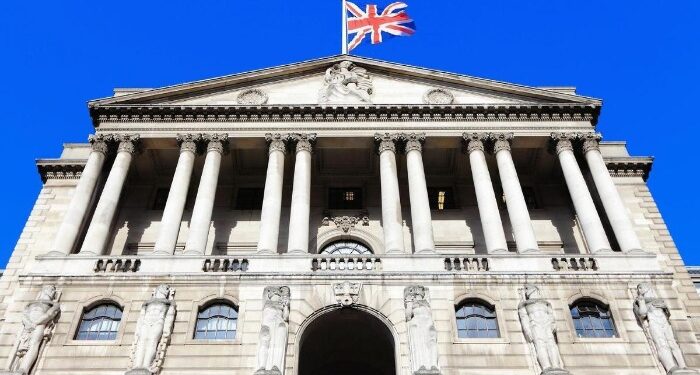The Bank of England’s next monetary policy move is shrouded in uncertainty following a significant downside surprise in the August inflation data released on Wednesday. The unexpected turn of events has left market expectations in flux.
Prior to the release of the August Consumer Price Index (CPI), the market had been pricing in an 80% likelihood of the central bank raising interest rates by 25 basis points to reach 5.5%—a level not seen since December 2007. However, market sentiment shifted dramatically as the annual headline CPI dropped to 6.7% in August, down from 6.8% in July, defying consensus forecasts of a rise to 7%.
Shortly after the data release, market indicators showed that the probability of the Bank of England maintaining its rates at 5.25% had surged from 20% to over 57%, according to LSEG swaps data.
One notable aspect of the August inflation figures was the core CPI, which excludes volatile items such as food, energy, alcohol, and tobacco prices. It recorded a 6.2% increase in the 12 months ending in August, down from 6.9% in July. The goods inflation rate inched up slightly from 6.1% to 6.3%, but this was offset by a significant slowdown in the services inflation rate, which dropped from 7.4% to 6.8%.
In response to the surprise inflation data, Goldman Sachs revised its projections for Thursday’s crucial rate decision, now expecting the Bank of England to keep its main bank rate unchanged. The bank cited progress in two of the three inflation persistence indicators monitored by the Monetary Policy Committee (MPC) since their August meeting and the MPC’s recent dovish commentary as reasons for this shift.
Barclays analysts also noted the broad-based downside surprise relative to the Bank’s previous projections and described the decision on Thursday as “much more finely balanced.” While they still favor a 25 basis point rate increase, they anticipate a more dovish vote split among the MPC.
Berenberg Senior Economist Kallum Pickering echoed this sentiment, suggesting that the August inflation surprise strengthens the chance of a pause on Thursday. However, he believes the MPC may lean towards one more increase while signaling caution about further hikes.
The Bank of England has been navigating a delicate path, attempting to rein in inflation without endangering the resilient economy. The recent slew of profit warnings from British companies and a 0.5% contraction in the UK economy in July have intensified pressure on the MPC to consider a more cautious approach.
Danni Hewson, head of financial analysis at stockbroker AJ Bell, suggested that the downside inflation shock, combined with weak GDP data and profit warnings, could provide the MPC with enough flexibility to adopt a wait-and-see strategy. Hewson also emphasized that while inflation is decreasing, it does not necessarily imply lower prices for consumers and cautioned that cracks may be forming in the economic landscape.
The Bank of England’s upcoming decision is eagerly anticipated, as it grapples with the dual challenges of managing inflation and supporting economic stability.











